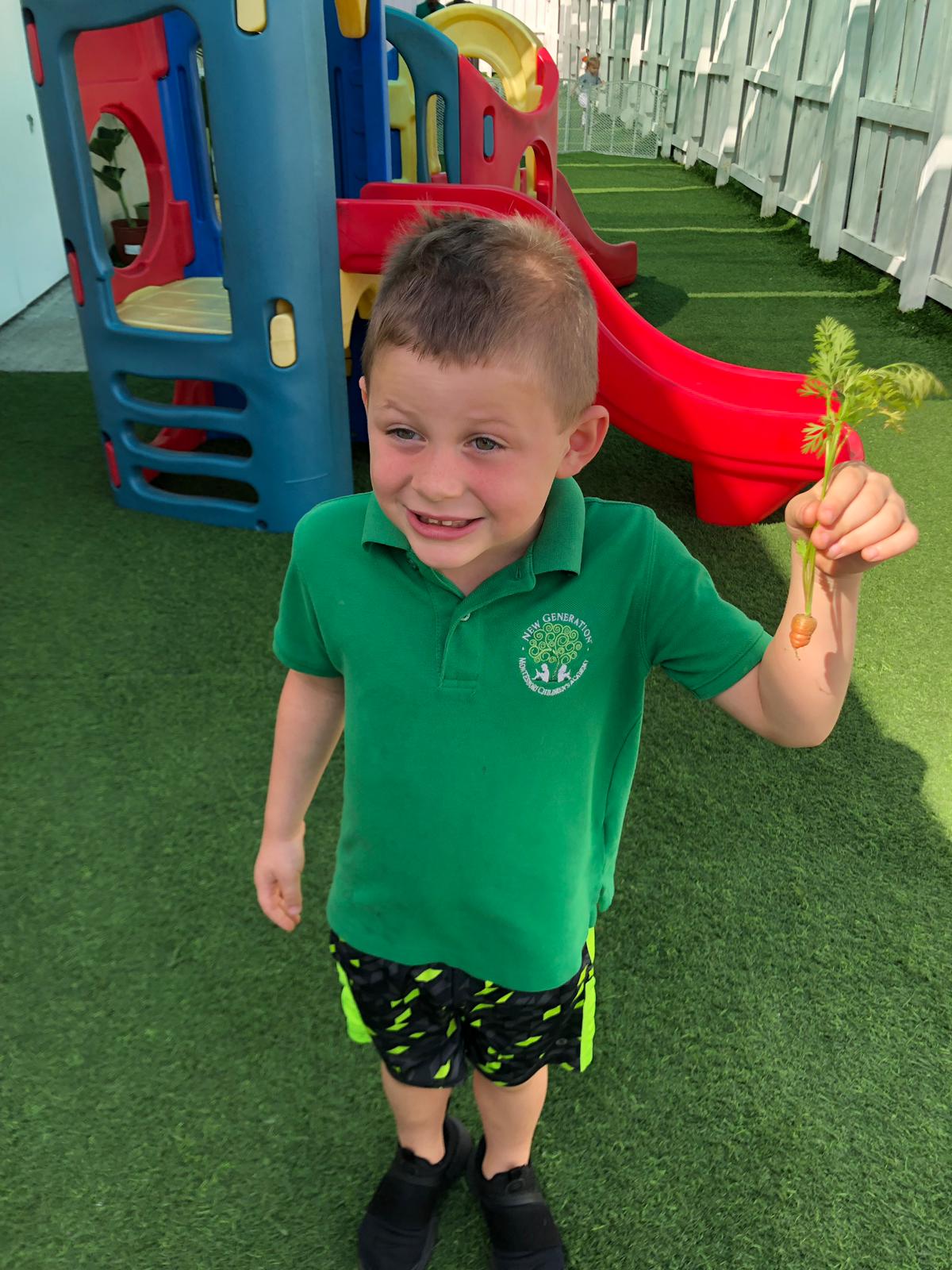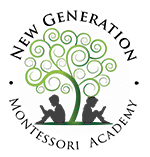The Challenge
The Century Of the Child
The 20th century has often been called “The Century of the Child,” a period when new movements emerged to place the child at the center of education and well-being. No one represented this vision more powerfully than Dr. Maria Montessori, the pioneering Italian educator whose life’s work transformed the way the world understands childhood, learning, and human potential.
The soul of the child
Many great educators have loved and worked for children, but Dr. Maria Montessori uniquely understood the depth, dignity, and immense potential within every child. She saw children not just as students, but as whole persons—deserving of the same respect and reverence as adults. For this reason, she often called the child “Il cittadino dimenticato”—the forgotten citizen—and dedicated her life to defending the child’s rights.
What set Montessori apart was her belief that the true preparation of a teacher is not only academic, but also moral and spiritual. She maintained that one must approach children free from pride and anger, with humility and patience, in order to guide their growth.
Her discoveries astonished the world: young children who chose to work rather than play, who learned to read and write spontaneously, who loved order and silence, who showed deep concentration, cooperation, and independence. Montessori proved that when given freedom within a carefully prepared environment, children reveal qualities far beyond what society expected of them.
Though Dr. Montessori is remembered as the founder of the Montessori Method, her greater legacy is as the interpreter of the child—a visionary who revealed to the world the true potential of childhood. Her work continues today, alive wherever children grow with curiosity, kindness, and wonder.

The soul of the child
In the words of her son: (from Education for Human Development, Mario Montessori)
“All children are born geniuses. 9999 out of every 10,000 are swiftly, inadvertently, ‘de-geniused’ by grown-ups.”
This happens because humans are born naked, helpless, and — though superbly equipped cerebrally — utterly lacking in experience, therefore utterly ignorant. Their delicate sensing equipment is, as yet, untried. Born with built-in hunger, thirst, curiosity, the procreative urge, they can only learn what humanity has learned by trial and error — by billions upon billions of errors. Yet humanity is also endowed with self-deceiving pride. All those witnessing the errors of others proclaim that they (the witnesses) could have prevented the errors had they only been consulted. “People should not make mistakes” they mistakenly say. Motivated entirely by love, but also by fear for the futures of the children they love, parents act as though they know all the answers and curtail the spontaneous exploratory acts of their children, lest the children make “mistakes’. But genius does its own thinking; it has confidence in its own exploratory findings, in its own intuitions, in the knowledge gained from its own mistakes. Nature has her own gestation rates for evolutionary development. The actions of parents represent the checks and balances of nature’s gestation control. Humanity can evolve healthily only at a given rate. Maria Montessori was fortunately permitted to maintain, sustain, and cultivate her innate genius. Her genius invoked her awareness of the genius inherent in all children. Her intuition and initiative inspired her to discover ways of safeguarding this genius while allaying fears of parents. But the way was not always easy. Hers was the difficult frontiering task of genius.
